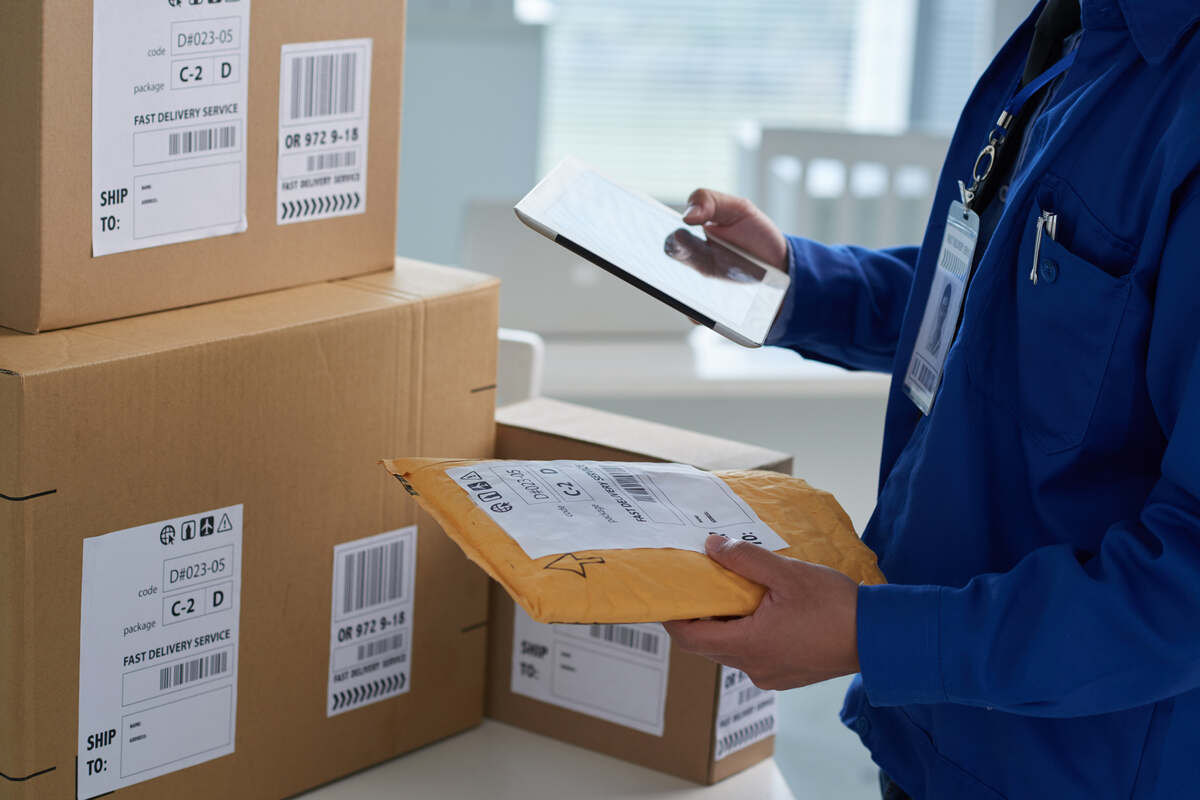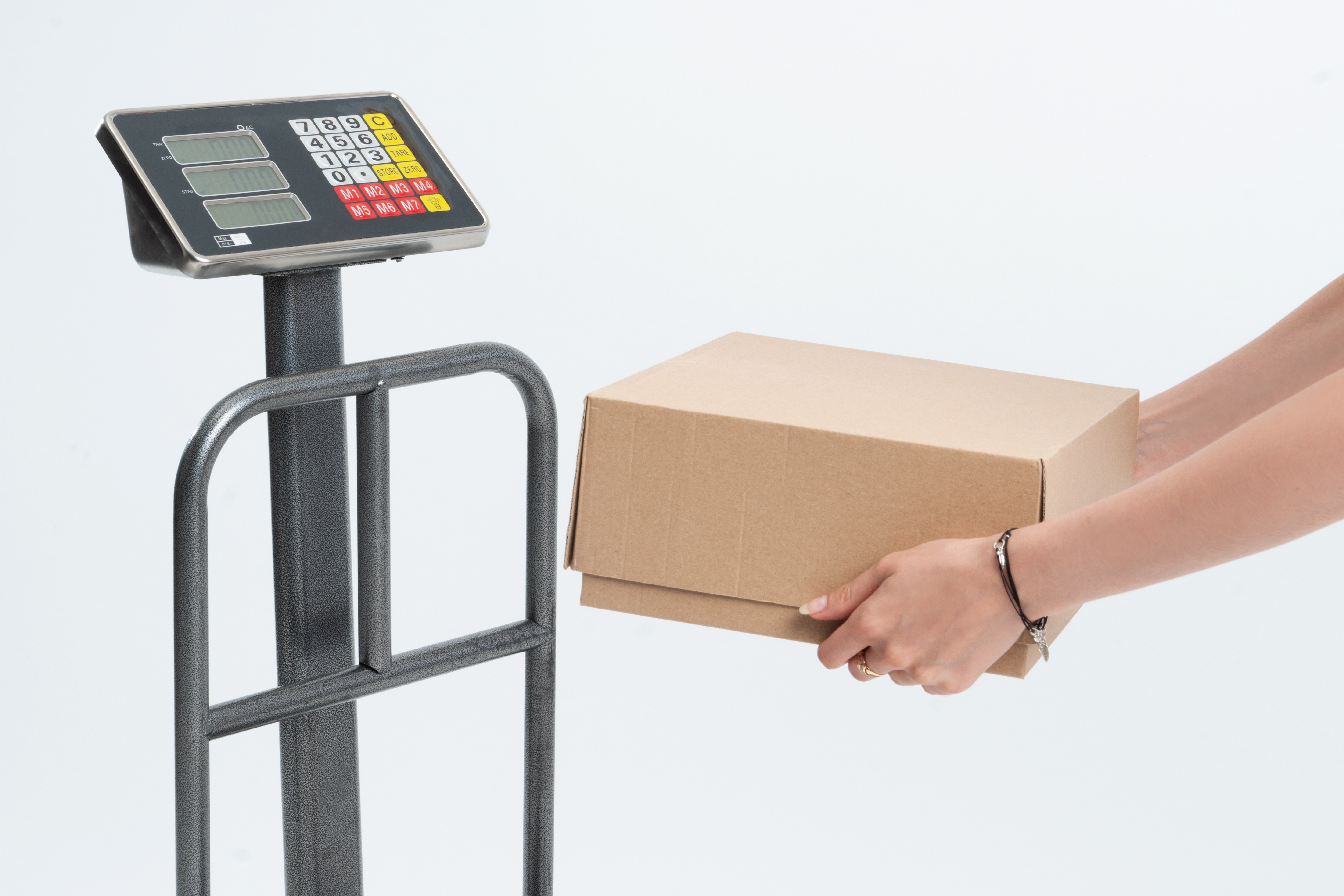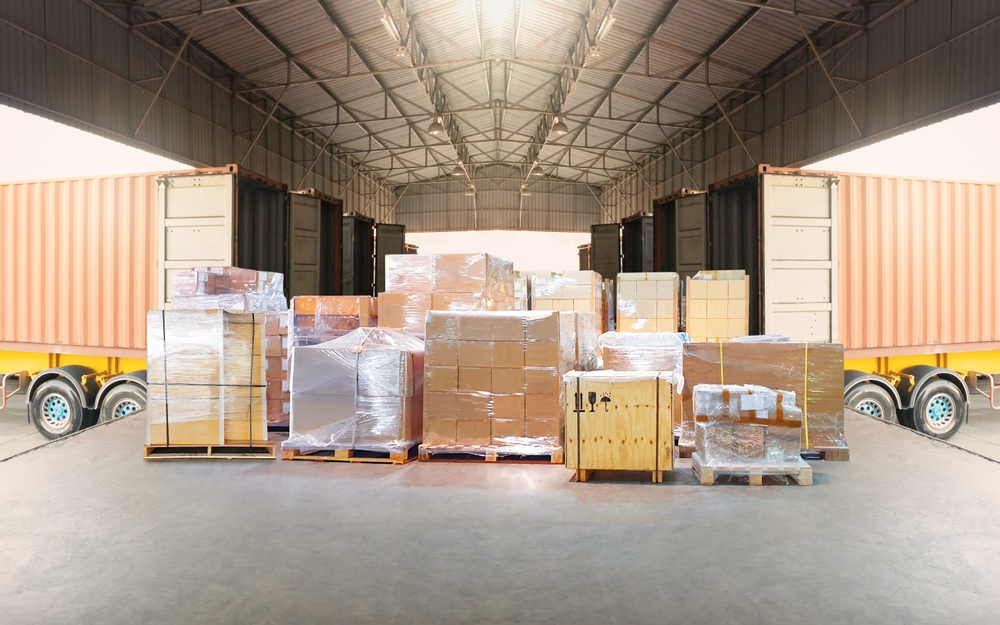Declared Value Explained: What It Is & How It Works


When you ship anything important, the term “declared value” shows up fast. It appears on forms, within carrier rules, and inside pricing breakdowns. Yet many shippers are unsure what it truly means or how it affects the safety and cost of transporting their items. Understanding it matters, especially for businesses sending imported goods, high-value products, or anything that needs reliable protection during the transit process.
This guide explains everything. You will understand what declared value is, how carriers calculate it, how it influences shipping costs, how it interacts with customs documentation, and how it differs from shipping insurance. Most importantly, you will see why declared value alone does not fully protect you, and what your alternatives are.
What Is Declared Value? The Meaning and Purpose
Declared value represents the amount you state your shipment is worth when handing it over to courier services or a freight carrier, typically reflecting the purchase price or the intended selling price. Carriers use this number to determine their maximum liability if your package is lost or damaged. Although commonly mistaken, declared value is not the same as insurance – it only sets the financial cap the carrier is willing to pay under their own rules and limitations.
Every carrier has a ceiling on how much they can reimburse, and most reimburse far less than the item's full value unless the value is formally increased. Declaring a higher value typically increases shipping costs because carriers assume higher potential risk. It is not a premium for full protection, but a fee tied to liability.
In short:
- Declared value tells the carrier the value of their goods from your perspective.
- It limits the carrier’s financial liability.
- It does not guarantee full repayment.
- It is not shipping insurance and does not replace a proper insurance policy.
Understanding this distinction helps shippers avoid costly mistakes down the line.
How Declared Value Works When Shipping Packages
When submitting a shipment, you complete a shipping document or online form. Here, the carrier will ask for the declared value. You might also be asked for proof of value, which can include receipts, sales price, or fair market value documentation.
Once entered:
- The carrier uses the number to establish maximum liability.
- They factor it into pricing.
- They rely on it during claim disputes.
Here's how it plays out in practice:
Step 1: You choose a declared value.
This should reflect the realistic value of your item. Carriers often tie liability to the declared number, but they require proof if a claim is made.
Step 2: The carrier calculates fees.
Declared value coverage usually affects shipping costs. The higher the value, the higher the liability amount they assume, which increases the fee.
Step 3: The carrier updates its responsibility limit.
This limit is not always the same as what you declare. Most carriers have internal maximums that cap their payment. Even if you declare a higher amount, you may not receive it.
Step 4: Claims rely on the declared value.
If loss or damage occurs, the carrier uses the declared number as the reference point. But many exceptions, exclusions, and loopholes apply, which is why relying only on declared value coverage leaves gaps.
How Is Declared Value Calculated?
Every carrier uses its own formula, but most follow a similar pattern. Carriers calculate declared value fees by setting a base level of liability and charging for additional declared value in increments.
For example:
- A carrier may include a small base liability by default.
- Declaring a value higher than the default triggers added fees.
- Fees increase for each thousand dollars of declared value.
Key Factors Carriers Consider
- The destination country affects risk and cost.
- The type of item influences vulnerability to damage or theft.
- Transit process length and complexity matter.
- A delivery address can bring a higher risk if it is remote or in a high-crime area.
- Value category such as electronics, luxury goods, or jewelry often triggers additional scrutiny.
The most important point is that declared value fees are not insurance premiums and do not guarantee compensation equal to the declared amount. They simply increase the carrier's liability limit to a controlled level.
Do You Have to Pay Declared Value?
You do not always have to add declared value fees. If your shipment is low-value and you are comfortable with the carrier’s default maximum liability, you can set the declared value to its minimum. However, many people mistakenly believe that adding it is the same as buying shipping insurance. They assume that if something happens, the carrier will cover the full loss. This is not true. Here's why:
- The maximum liability is rarely equal to the item’s real worth.
- Carriers rely heavily on exclusions to reduce payouts.
- Claim processes are slow and often denied.
- Carriers only cover direct loss, not indirect or consequential damage.
This is why UNIVAL Logistics encourages shippers of high-value items, sensitive documents, jewelry, electronics, collectibles, and business assets to secure complete protection through specialized and secure shipping services, and real, full-value insurance coverage, not declared value coverage.
How to Choose the Right Value to Declare
Although declared value is not insurance, it still plays a role in the shipping process. Choosing the correct number helps avoid disputes and provides consistency across documentation.
Consider:
- The actual cost of the item.
- The replacement cost.
- The fair market value.
- The sales price if the shipment involves a transaction.
- The risk profile of the item.
- The destination country regulations.
Always keep proof of value ready. Carriers may request it if you ever file a claim.
What Value Should You Declare for Customs?
International shipping introduces more variables. Every destination country has its own customs valuation rules, duty rates, and import requirements. It helps customs authorities assess the accuracy of the commercial invoice and evaluate the customs value of the imported goods.
According to the U.S. Customs and Border Protection, the primary method of determining customs value is the transaction value, which must reflect what was paid for the goods. This number is used by customs authorities to calculate duties and evaluate whether the shipment meets federal import regulations. Smooth customs clearance depends on honest documentation and consistent values. Declared value for customs is not about carrier liability. Customs value helps customs authorities determine:
- The value of imported goods.
- Import duties and taxes.
- Compliance with international trade regulations.
Import duties are taxes on imported goods calculated based on their customs value, which typically includes the cost of the goods, plus shipping and insurance fees. This comprehensive value, often referred to as CIF (Cost, Insurance, and Freight), is then used to determine the duty owed. The specific duty rate is determined by the item's classification under the Harmonized System (HS) code.
How does it work? You submit this number on a commercial invoice attached to your shipment. The customs value should match the sales price if the item is sold, or the fair market value if the shipment is not part of a sale. UNIVAL’s international clients benefit from expertise on these matters, helping shipments move faster and with fewer obstacles during cross-border shipments.
Why Customs Value Must Be Accurate
Providing an honest customs valuation matters because:
- Undervaluation is illegal and can trigger penalties.
- Overvaluation increases taxes unnecessarily.
- Customs authorities compare documentation across borders.
- Discrepancies delay clearance.
Shippers often confuse customs value with declared value for the carrier, but they serve separate purposes:
- Customs value determines taxes.
- Declared value determines liability.
Both must be reported correctly, but they do not need to match each other.
How Declared Value Differs From Shipping Insurance
This is the most important distinction in the entire topic. Declared value sets a limit for the carrier's liability. It is not protection. It does not guarantee reimbursement for the full fair market value or sales price. It is simply the maximum the carrier agrees to consider under their constraints.
Shipping insurance is entirely different. Insurance provides true coverage for loss or damage and pays the insured party based on the insured amount. Insurance policies apply regardless of carrier rules and are governed by a dedicated insurance provider or insurance company.]
An Overview of Key Differences
| Declared Value | Shipping Insurance |
|---|---|
| Adjusts the carrier's financial liability | Provides real financial protection |
| Affects shipping costs | Insurance premiums are separate |
| Limited reimbursement | Full value reimbursement is possible |
| Many exclusions | Broader coverage |
| Not a true insurance policy | Legally recognized insurance |
Why Declared Value Is Not Enough for High Value Shipments
Carriers strictly limit their responsibility. Even with a high declared value:
- Payouts may be lower than expected.
- Certain items are excluded.
- Damage claims often fall under packaging disputes.
- Loss claims require strict documentation.
The risk becomes much higher when transporting jewelry, precious metals, artwork, collectibles, sensitive documents, or branded consumer goods. A misplaced or damaged item can lead to significant financial loss if relying only on the declared value.
Businesses, especially those shipping frequently, benefit most from having strong first or third-party insurance like the solutions provided by UNIVAL Logistics.
UNIVAL Logistics: Full Value Shipping Insurance for Peace of Mind
UNIVAL Logistics specializes in secure logistics solutions for high-value shipments. Our insurance model solves every limitation associated with declared value.
- Full Value Coverage
You insure your goods for their full fair market value or sales price. There is no confusing liability cap, and insurance coverage includes loss or damage without relying on the carrier’s restricted policies.
- Domestic and International Coverage
Whether you are shipping within the United States or across borders, UNIVAL’s insured shipping solutions protect the shipment through every stage. We offer coverage up to $150,000 for domestic shipments and up to $100,000 for international shipments, ensuring peace of mind no matter where your goods are headed.
- Backed by a Strong Chain of Custody Protocol
UNIVAL maintains strict chain of custody protocols that track and protect shipments from pickup to final delivery and recorders in each vehicle, so you can track your shipment in real-time. This reduces risk and strengthens claim outcomes.
Our solutions ensure the sum insured reflects the real value, not a limited number set by a carrier. You work directly with a specialized shipping insurance provider rather than navigating carrier disputes.
Do You Need Shipping Insurance?
If your shipment matters, shipping insurance matters, too. Accidents can happen, and declared value coverage is never enough on its own if valuable goods, your reputation, or consumer trust are on the line. Businesses often deal with tight margins, sensitive materials, and high risk, and thus cannot afford to rely solely on the carrier's liability limits.
UNIVAL gives you a complete safety net, whether you ship with us or another carrier. Our shipping insurance protects the business, the buyer, and the entire supply chain. When using our insured shipping services, you also benefit from:
- Risk coverage for lost or damaged goods
- Professional package handling by trained specialists
- Quick payment turnaround for valid claims
- Low insurance costs compared to merchandise in transit
- Regulated liability for the carriers
- Simple, transparent invoicing
Best Practices for Managing Declared Value and Insurance
To protect your shipments:
1. Be consistent across documents
Make sure the declared value matches or aligns logically with customs valuation, Proof of value, and the commercial invoice.
2. Understand what the carrier will and will not cover
This prevents false expectations and expensive surprises.
3. Always insure high-value shipments
Use a reputable insurance provider like UNIVAL to secure real protection.
4. Keep detailed records
Documentation helps with both customs and insurance claims.
5. Use secure shipping and courier services that follow a strong chain of custody protocol
This reduces risk and strengthens every stage of the transit process.\
Declared Value Is Important but Often Not Enough

Declared value is a useful tool. It sets the scope of the carrier’s liability and helps customs authorities understand the worth of imported goods. But it is not a substitute for shipping insurance. Shippers who want peace of mind and reliable reimbursement understand that declared value alone cannot protect what matters most.
If you want real protection for the value of their goods, you need full value coverage from a trusted shipping insurance company. UNIVAL Logistics provides industry-leading solutions for high-value domestic and international shipments, backed by advanced tools, expertise, secure shipping, and a commitment to safe transit.
Latest blogs
Dimensional (DIM) Weight in Shipping: What It Is & How It’s Calculated
Wed, Jan 14th 2026, 07:11
 Continue Reading →
Continue Reading →
Shipping Gold Safely: Packaging, Insurance & Best Practices
Mon, Jan 12th 2026, 03:00
 Continue Reading →
Continue Reading →
Categories
defaultCall Us Today
Get premium full-value shipping insurance at affordable rates and be sure your parcels are 100% safe during transport. Work with a logistics powerhouse - get in touch with us today.
213-368-3444
Contact Us
Want a peace of mind when shipping valuable packages? Our experts are happy to ansver any questions you may have and provide you with a tailored soulution that meets your unique shipping needs. Email us today and ship your luxury items with ease!

.jpg)

